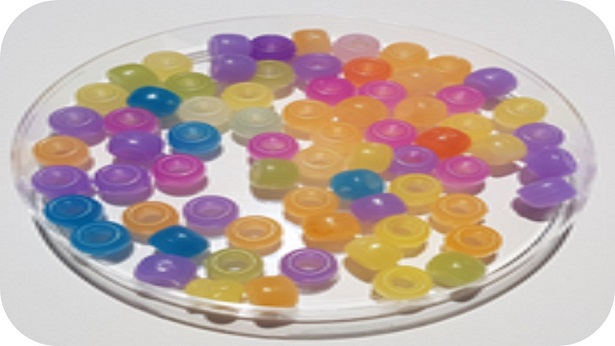Y tú, ¿te proteges del sol? Un proyecto STEM con mirada científica

Downloads
- PDF (Español (España)) 2437
- EPUB (Español (España)) 266
- VISOR (Español (España))
- MÓVIL (Español (España))
DOI
https://doi.org/10.25267/Rev_Eureka_ensen_divulg_cienc.2019.v16.i3.3202Info
Abstract
We present a set of activities that can be used as a starting point to build a learning project that can be developed in the 3rd or 4th levels of ESO and, with some adaptations, also in the first year of high school. The challenge is to find answers to relevant questions related to scientific contents related to solar radiation and the repercussions of this on one's own health and that of the population. The investigation, the design and execution of experiments as well as the data recording and its interpretation have a special relevance throughout the whole proposal. In the different activities, the relationships between the ideas that are worked on and the concrete scientific model to which they correspond are indicated, thus providing an opportunity to contribute to the construction of these models. Finally, it reflects on the operation of the proposal when it has been implemented with ESO students and when it has been presented in teacher training courses.
Keywords
Downloads
How to Cite
License
Copyright (c) 2019 Los/as autores/as pueden mantener el copyright, concediendo a la revista el derecho de primera publicación. Alternativamente, las/os autoras/es puede transferir el copyright a la revista, la cual permitirá a las/os autoras/es el uso no-comercial del trabajo, incluyendo el derecho a colocarlo en un archivo de acceso libre. Además, se puede consultar Creative Commons sobre licencias de copyright flexibles.

This work is licensed under a Creative Commons Attribution-NonCommercial 4.0 International License.
Require authors to agree to Copyright Notice as part of the submission process. This allow the / o authors / is non-commercial use of the work, including the right to place it in an open access archive. In addition, Creative Commons is available on flexible copyright licenses (Creative Commons).

Reconocimiento-NoComercial
CC BY-NC
References
Domènech J. (2017) Treball per projectes i competència científica: una proposta metodològica per al disseny de Projectes d'Indagació. Perspectiva Escolar.
Farró L., Lope S. (2018). Cartas conversacionales para aprender a debatir. Alambique: Didáctica de las ciencias experimentales, (91), 49-55.
Fortus D., Krajcikb J., Dershimerb R. C., Marx R. W., Mamlok-Naamand R. (2005) Design-based science and real-world problem solving. International Journal of Science Education 27 (7) 855-879.
García Retana J. Á. (2012) La educación emocional, su importancia en el proceso de aprendizaje. Educación 36(1), 2-13.
Harlen W. (2010) Principios y grandes ideas de la educación en ciencias. Gran Bretaña. Publicado por Association for Science Education.
Hazelkorn Ellen, Ryan Charly, Beernaert Yves, Constantinou Constantinos , Ligia Deca , Grangeat Michel , Karikorpi Mervi , Lazoudis Angelos , Pinto-Casulleras Roser , Manuela Welzel-Breuer . Science Education for
Responsible Citizenship. EUR 26893. 2015; Brussels: European Commission – Research and Innovation.
Izquierdo M., Espinet M., García M. P., Pujol R. M., Sanmartí N. (1999) Caracterización y fundamentación de la ciencia escolar. Enseñanza de las Ciencias. Vol. Nº extra, 79-91.
New Generation Science Standards (2013) Recuperado de: http://www.nextgen science.org/
Sanmartí N., Márquez C. (2017) Aprendizaje de las ciencias basado en proyectos: del contexto a la acción. Ápice.
Revista de Educación Científica 1(1), 3-16. DOI: https://doi.org/10.17979/arec.2017.1.1.2020
Wang H. H., Moore T. J., Roehrig G. H., Park M. S. (2011) STEM integration: Teacher perceptions and practice. Journal of Pre-College Engineering Education Research 1 (2), 2.





